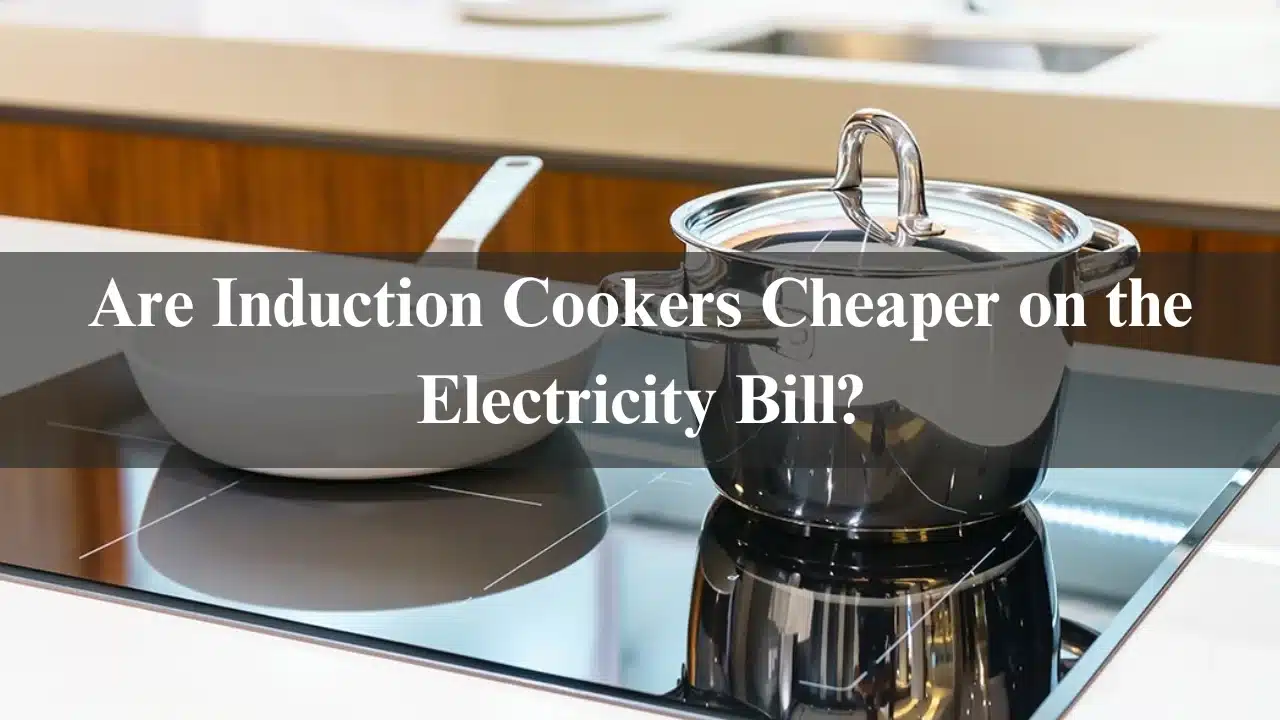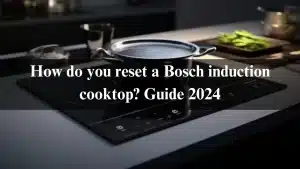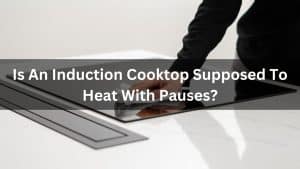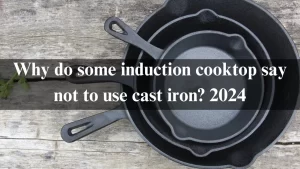Yes, induction cookers can be cheaper on your electricity bill. Induction cookers are known for their high energy efficiency, transferring nearly 90% of energy directly to the cookware. According to recent studies, induction cookers use less power than traditional electric cooktops and gas stoves, leading to potential savings on your energy costs. For example, Chef induction cookers can bring water to a boil in half the time of a regular electric stove, thus reducing energy usage.
Table of Contents
What Makes Induction Cookers Energy-Efficient?
Direct Heat Transfer for Minimal Energy Loss
Induction cookers use magnetic induction to heat cookware directly, with minimal energy loss. This makes them 80-90% energy-efficient, compared to just 60-70% for traditional electric stoves. The direct transfer of energy reduces waste, making induction cookers ideal for those looking to save on electricity.
Faster Cooking, Lower Bills
The quick heat-up time of induction cookers leads to shorter cooking sessions. For instance, induction stoves can bring water to a boil in half the time compared to electric stoves, reducing total cooking time and overall electricity usage.
Comparative Analysis with Key Data Points
Comparison of Induction, Gas, and Electric Cooktops
| Cooktop Type | Energy Efficiency | Operating Costs | Pros |
| Gas | ~40% | Higher | Responsive, low upfront cost |
| Electric | ~70% | Moderate | Widely available, easy to use |
| Induction | ~90% | Lower | High efficiency, fast heating |
Electric vs. Induction in Energy Conversion Efficiency
Induction cookers are much more energy-efficient than both electric and gas stoves. Up to 90% of the energy used by an induction cooker goes directly into heating your cookware, while gas stoves only achieve 40% efficiency.
Comparing Operating Costs
Although gas stoves typically have a lower per-unit energy cost, induction cookers’ higher efficiency results in lower overall costs over time.
How Much Electricity Does an Induction Cooker Use?
Typical Wattage and Power Consumption of Induction Cookers
Induction cookers generally range from 1,200 to 2,500 watts, depending on the model and settings. Despite using higher wattage, the rapid heating minimizes the overall power consumption, making induction a more efficient choice in the long run.
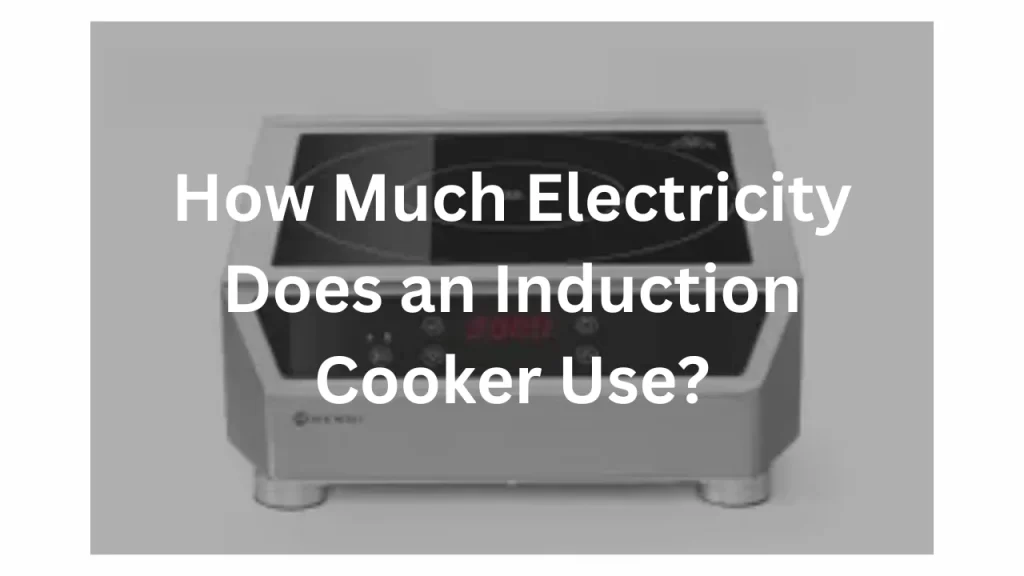
Estimating Monthly Electricity Costs for Induction Cooking
For example, if you use a 1,800-watt induction cooker for 1 hour a day, the monthly consumption would be around 54 kWh. At an average electricity rate of $0.12 per kWh, your monthly cost would be about $6.48, which is lower than traditional electric stoves due to the efficient energy use.
Can You Actually Save Money with an Induction Cooker?
Factors That Influence Savings
The amount you can save depends on factors like cooking habits, electricity rates, and how often you cook. Induction cookers are particularly cost-effective for frequent cooks or those who frequently simmer and use heat for long periods.
Scenarios Where Induction Is Cheaper
Induction cookers are ideal for daily cooks or those who simmer food for longer periods. Since the heat is focused directly on the cookware, you don’t need to set the heat as high, saving both time and energy.
Are There Any Hidden Costs of Using an Induction Cooker?
The Need for Compatible Cookware
Induction cookers require ferrous cookware (magnetic materials like cast iron or stainless steel). If your existing pots and pans aren’t compatible, you’ll need to purchase new ones. While induction cookware isn’t overly expensive, it’s an important cost consideration.
Maintenance and Repair Costs Compared to Gas and Electric
Induction cookers are low maintenance, but repairs (especially for the electronics) can be costly. Gas stoves may require more frequent repairs but are typically less expensive to fix when compared to induction cooktops.
How Can You Maximize Savings with an Induction Cooker?
Tips for Energy-Efficient Cooking on Induction Stovetops
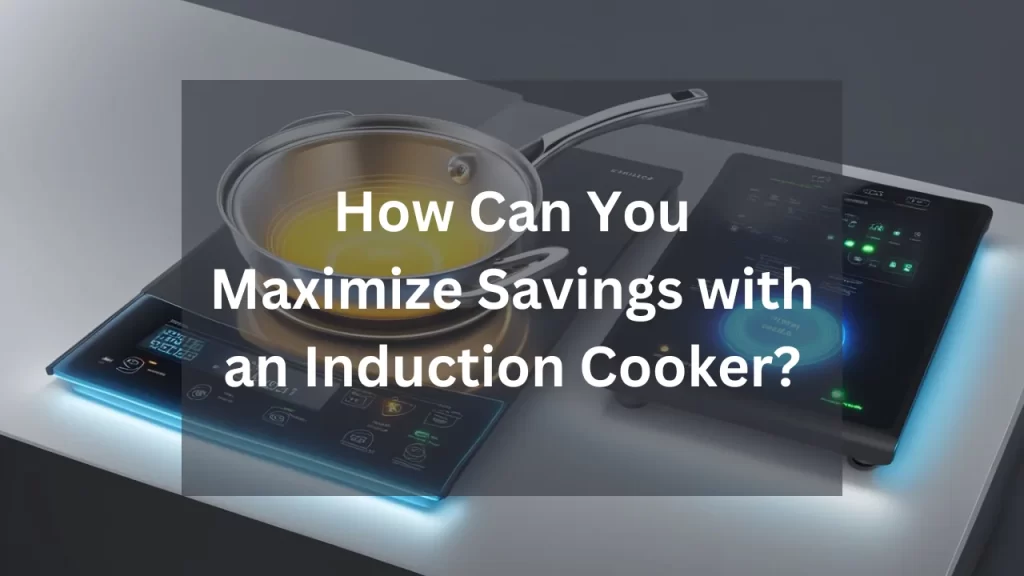
- Use the right-sized burner: Match the size of your cookware to the burner for efficient energy use.
- Adjust heat settings: Induction cookers heat quickly, so avoid keeping them on high for extended periods.
- Cover your pots and pans: This retains heat and speeds up cooking, reducing power consumption.
Choosing the Right Power Settings for Different Cooking Tasks
Induction cookers allow precise temperature control. For instance, use high power to quickly boil water, then switch to low-medium heat for simmering. This precise control ensures energy is not wasted.
Related Articles:
Why Doesn’t Cookware Stick To Induction Cooktops? In 2024
Conclusion
Induction cookers can significantly reduce your electricity bill due to their high energy efficiency, quick cooking times, and precise temperature control. While the upfront cost might be higher, the long-term savings make it a worthwhile investment, particularly for regular home cooks.
FAQs
Do induction cookers use more electricity than gas stoves?
No, induction cookers use less electricity. Their high efficiency allows more energy to be converted directly into heat, unlike gas stoves, which lose much of the energy to the surrounding air.
Is an induction cooker worth the investment?
Yes, especially for frequent cooks. The energy savings over time can offset the initial cost of an induction cooker.
How does electricity consumption compare between induction and electric cookers?
Induction cookers use less electricity because they are more efficient in converting energy into heat, while traditional electric cookers lose energy in the form of heat to the surrounding air.
Can induction cookers be used with regular cookware?
No, induction cookers require cookware made of magnetic material. Cookware like aluminum or glass will not work unless it has a magnetic base.

